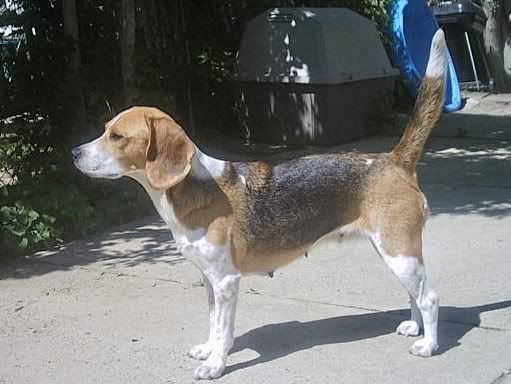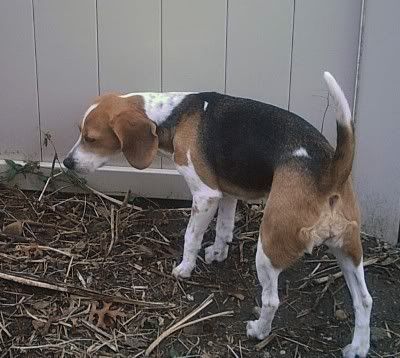HoundMusic
Posted : 2/20/2008 1:03:35 PM
cc431
Gluten is the protein of grain and has a nutritional value of zero, making it the worst source of protein in the industry. There are serious side effects associated with the inclusion of large amounts of gluten in a ration as well. Gluten destroys the villa that line the intestines through which nutrients are pushed into the bloodstream. The gluten filters into the villa and hardens when it dries, causing the villa to break off. Since the villa cannot regenerate themselves, the damage is irreparable and permanent. The destruction of the villa can result in an inability to absorb nutrients because nutrient absorption is site-specific. If the sites at which specific nutrients are absorbed are nullified by effects of the gluten, the animal may not be able to absorb these particular nutrients – creating deficiencies that could be irreparable.
Actually, that's not true at all. The gluten is removed from the whole corn - and it's the most concentrated source of protein in the corn. It's also relatively low in starch, high in corn oil. It's a good source of plant based protein - not the best, but not as horrible as you're making it out to be. Regarding your claims of corn gluten's effect on the digestive system, do you have any scientific sources to back this up with fact? It sounds very much like scare tactics to me.
Some fun facts about corn gluten: Corn Gluten Feed -- Composition, Storage, Handling, Feeding and Value
From TWO's website: Myths & Misconception
"Some companies may list meat but actually use meal. Of those that actually can add meat it’s not quite what you would expect. It’s usually mechanically de boned and mixed with water to make a slurry that is pumped into the extruder. The most you can use in a formula is limited to about 30% but can be as little as 3%. What starts out as chicken with 78% moisture is now perhaps 90% moisture cooked down to 10%. That 30% you started out with is now about 3.3% or less dry matter. To get the protein up you must now add corn gluten meal or another protein source. Corn gluten meal is a good protein source, it’s high in the sulfur containing amino acids, but a lot of people (myself included) prefer an animal based protein which means you must add animal meals which means it is not 100% human grade."
As they say, the "proof is in the pudding". I have a 5 yo bitch who was mauled by my GSD about 18 months ago. She was generally run down, and, as could be expected, quite arthritic & stiff from the trauma. I couldn't get her coat in good condition, she had no stamina at all, and very poor muscle mass. She would either be too skinny, where ribs were visible, or would get a padding of fat w/o the muscle. I tried meat based foods - home cooked, Merrick, TWO. Finally, on the Merrick Wilderness Blend, her coat turned brittle and was so terribly thin :( The first pic is of her on home cooked. The second isn't a prize winning pic, lol, but you can get a good idea of her cange in muscle mass/coat pigmentation on a food that contins corn gluten as one of the main protein sources. Her coat is soft as velvet, stools are PERFECT. Has more energy, stamina than she's had since before the attack. Coat pigment is beautiful, and still coming in thicker ... Were this a poor protein source, I'd not expect a bitch in such sorry condition make such a dramatic comeback to health.

